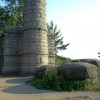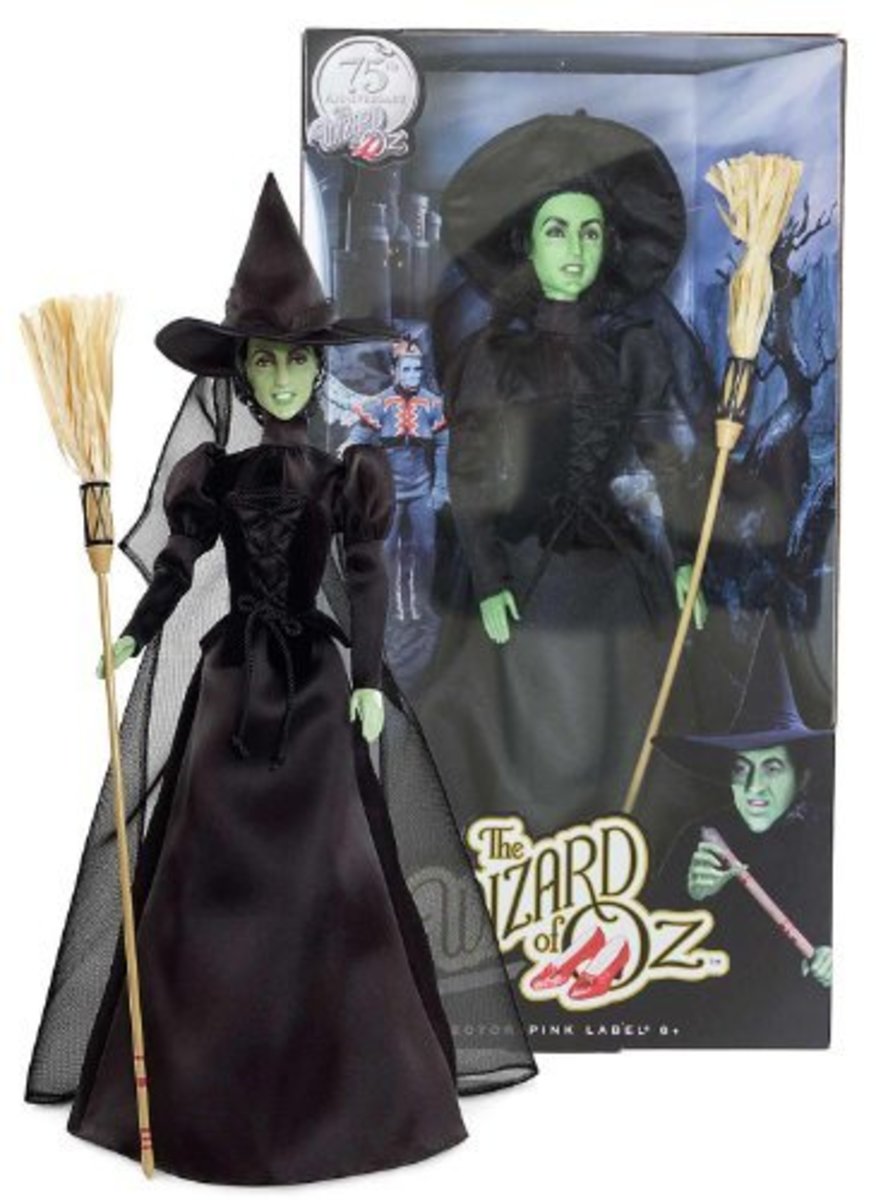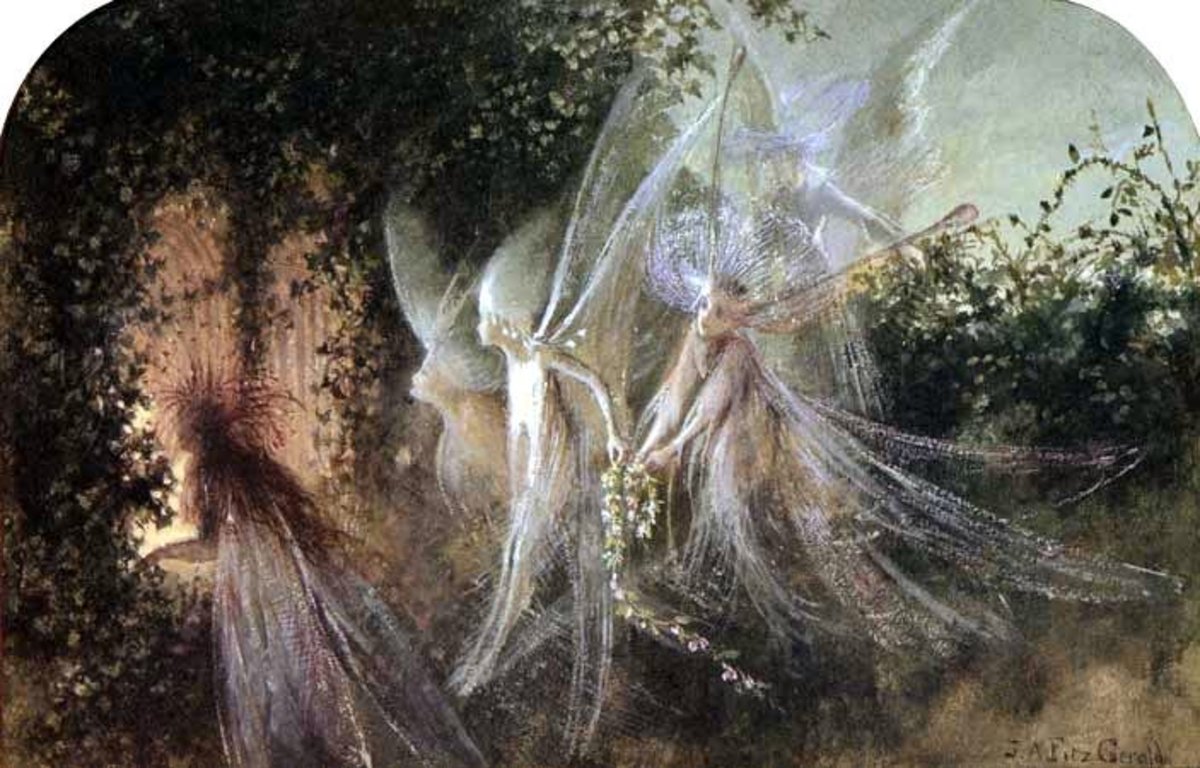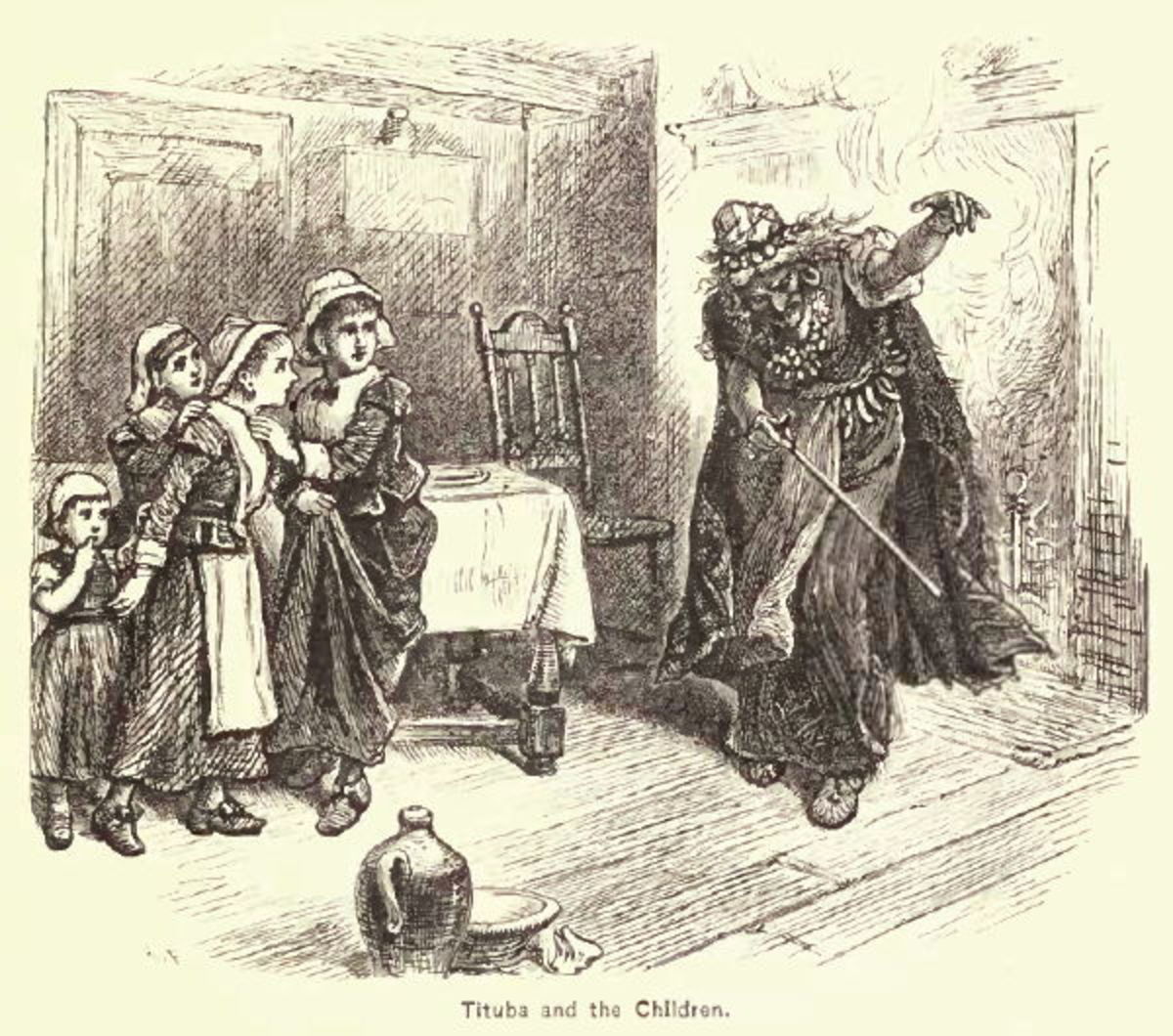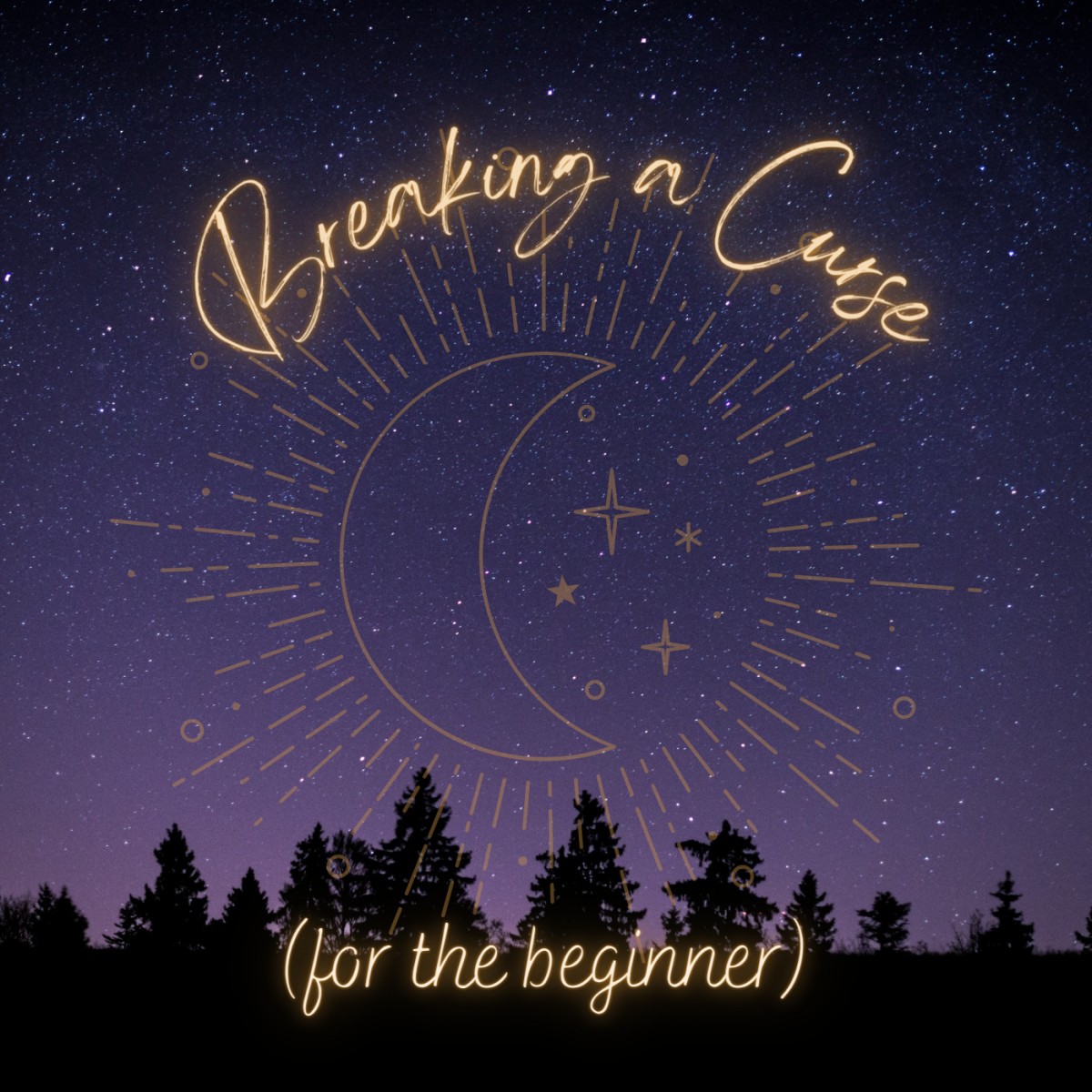How to be a Real Witch or Wizard
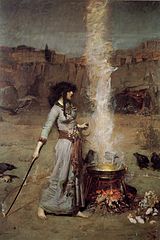
Introduction
So you want to be a witch or wizard? It may seem romantic and attractive at first, but being a real witch or wizard is not exactly like the Harry Potter tales make it appear it is going to be. For instance, most monotheists will hate you, many fellow pagans will strongly disagree with you, a plethora of atheists will feel you are ignorant or flat out stupid, a large portion of intellectuals will deem you otiose and vapid, and still others will think you are downright crazy.
For starters, you can forget any glamorous or starlit life as a witch or wizard - it isn't happening. The reality is, that in order to be a witch or wizard you will first need to concentrate on three things: knowing yourself, knowing your environment, and knowing your craft. You will need to dedicate yourself to a very long and tedious process, and you will have to learn to defend yourself spiritually and intellectually against the onslaught of people who will vehemently disagree with anything and everything you believe and say (you will have to learn to be an apologist for your beliefs).
The path of a witch or wizard is not one centered on self, but one centered on one's concept of truth and their desire and drive to help others and venerate nature. It is not all about acquiring magic powers, in fact, one of the first things you will learn is that the magic powers you wish to acquire are already there, undeveloped, and present in all people. You will find that it has more to do with what your spirituality can do for others than what your spirituality can do for you. In other words, you are going to find out that nearly all forms of spirituality, particularly ancient ones, are about one's connection with others and the cosmos, rather than one's connection with self. You will find this out because you will learn that you are intimately connected with everyone and everything.
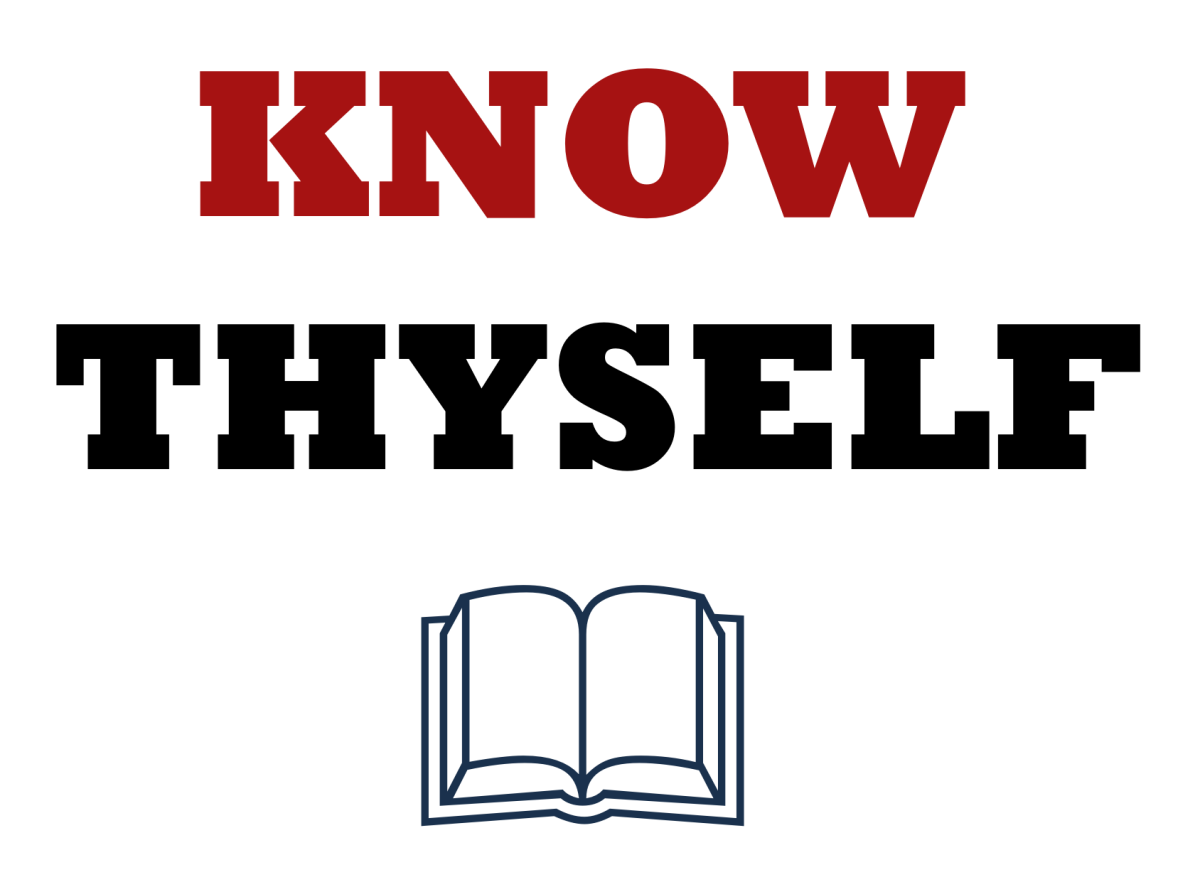
Know Yourself
The statement “Know Thyself” is most often attributed to the philosopher Thales. Knowing yourself encompasses three things: knowing your physical self, knowing your mental self, and knowing your spiritual self; all three of these are further divided into subcategories which you will spend a large portion of time contemplating and learning. We all think we know ourselves, but the reality is that we know very little of ourselves.
To get to know yourself you are going to have to do some thinking. You will have to ask yourself some very tough questions which will likely mess with the very core of your being for awhile (at least until you have come to a conclusion): What is truth? What do I base truth upon? What is existence? Who am I? What is my purpose? What do I want out of this life? Where am I ultimately going? What is my relation to the universe? What is my relation to others? What are my views on society? How do I feel about money? What economic philosophy do I subscribe too? What are my political beliefs? Where do I think “rights” come from? Is there such a thing as Deity? What is the nature of consciousness? Where do I think ethics and morality come from? What do I base my moral questions upon? What is my sexual orientation? How do I feel about various sexual orientations? What do I base sexual orientation upon? What are my views on the other things I have not taken the time to place into terms?
In essence, you will be asking all of the deepest philosophical questions and forming your own philosophical system. Do not worry, you do not need to be definitive and absolute, and you can have room for growth, knowledge, and adaptation (which is recommended), but it is important that you begin “finding yourself” by asking yourself these very intimate and important questions. You do not need to “find yourself” before you dig into other things, but you should always be trying to “find yourself” as you move forward with your quest to be a true witch or wizard.
You may also wish to research and complete a family genealogy, as most of us find some connection with ourself in our family. The fact is that societal and family traditions play a large part in who we are and what we believe, and so it would likely be extremely wise to investigate these matters.
You will want to investigate your mind. You will want to study personal psychology, social psychology, behavioral science, and whatever topics may intrigue you. You will want to understand your mind, what makes you tick, how you are manipulated and act or react, neurolinguistic programming, and “why” you formulated the opinions you have on various philosophical topics.
Finally, you will want to dive into your spirituality and why you hold various spiritual beliefs, if any. Are you an atheist, agnostic, monotheist, pantheist, panentheist, polytheist, or something altogether different? Why do you believe what you believe? What are your views on the afterlife? The human soul? Ultimate moral judgment? Are you a physicalist, an idealist, or a panpsychist? If magic is real, what logical explanation is there for it, etc.? You will want to begin seriously investigating these questions if you want to have a deep conviction in your beliefs and if you hope to ever have a chance of defending your beliefs against the many people who will seek to undermine them and convince you that you are not only wrong, but grossly ignorant and unsophisticated.
Recommended Reading to Start You Off
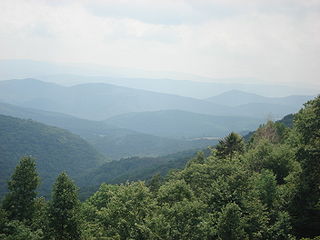
Know Your Environment
Knowing your environment encompasses two things: knowing your natural environment (specifically locally) and knowing your society. Every true witch or wizard should know both their local natural environment and how to live in it and utilize it, and their man-made social environment and how to understand it, navigate within it, and utilize it.
This means that you are going to have to learn your local geography, geology, flora, fauna, climate, and ethnobotany. You will have to have a descent grasp on earth sciences, basic astronomy, meteorology and climatology, geology (specifically mineralogy and gemology), animal tracking, animal behavior, botany (and gardening or horticulture), mycology, biology, and evolution. You will want to have at least a basic grasp on all of these subjects, and later, a specific area of expertise in which you can aid yourself and others.
You will also need to understand your society. This means you will have to study anthropology, world religions, forms of government, political systems and thought, economics, global governance, constitutional law, common law, criminal law, the development of your local language (master it if possible), and the history of art, science, and education.
Remember, you do not need to do all of this before you begin studying other areas, and you do not need to become an expert in the field, only knowledgeable (to your own satisfaction) about these many topics. If you feel that you “know your environment” well enough to keep studying and only peruse this topic as a side, then you are likely ready to do so; however, you should determine your stance on society (specifically economically and politically) and you should choose a specific area of practical knowledge within your environment and society with which you expect to further your knowledge and expertise.
Recommended Reading to Start You Off
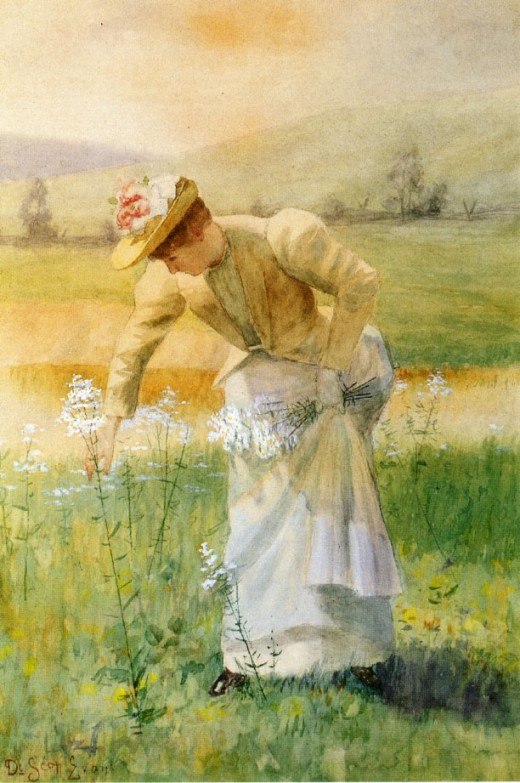
Know Your Craft
Its pretty simple really...a witch should know pagan history, the history of God and the history of Goddess, the history, concept and basis of magic (including philosophical reasoning), the history of the neopagan path which they choose, they should understand magic theory, otherworldly entities, the art of divination, psychic ability, and how to make and use ritual tools. No witch can claim they know their craft if they do not understand its past, presence, and future.
Getting down to the basics, a witch or wizard must understand the history of deity and various religions, the history of paganism, mythology and mythological entities, the concept of magic (both high and low), and the rational explanation behind their beliefs (primarily neoplatonism and pythagoreanism in the west).
To start, an aspiring witch or wizard should know the “101” of their Craft. That is, a witch or wizard should know what witchcraft is, the observances, the various denominations, and the very basics of magic. In other words, if you want to be a real witch or wizard you have got to understand the defining principles of Paganism as described by Prudence Jones in her A History of Pagan Europe :
-
Pagan religions are polytheistic, recognizing the plurality of beings, who may or may not be embodiments of an underlying deity of unity/duality/trinity, etc.
-
Pagan religions view nature as a theophany, or a manifestation of deity, rather than as a 'fallen' creation of deity.
-
Pagan religions recognize the divine female principle, called the Goddess, as well as, or instead of the God.
A witch or wizard who knows their Craft both understands its history and its many variations and manifestations. It is not all about magic, but also about the spiritual tradition from which it grew.
Recommended Reading for You to Start Off
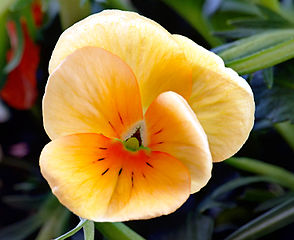
Finding & Designing Your Own Curriculum
A witch or wizard can develop their own curriculum with a little thought and a little research. You do not need to go to “Witch School” to be a witch or wizard, in fact, no one should have to “pay” for their spirituality. You can create your own curriculum and you can do it simply and for the cost of the texts which you will need to purchase.
Let's face facts...secondary school is a place where you go for outrageous amounts of money to be told to read certain books (which you must buy) in order to have those books interpreted to you and to gain a certificate which states that you both read the books and accepted the interpretation you were given. Is a couple of thousand dollars really worth that? Is that really an education, or is it more like indoctrination? Are you really learning or are you just allowing yourself to be “programmed” for outrageous amounts of money?
In my opinion, if you want to be a real witch or wizard you need to let the idea of allowing someone to interpret information for you go – you need to let that idea go out the window and start thinking for yourself. Witches (or wizards) are free thinkers and as such they should despise anyone who wants to interpret the data for them. How can you help the world or yourself if you are thinking just like everyone else has always been thinking? Seriously...contemplate that statement for a second!
Developing your own curriculum is simple, just follow the model of a classical education referred to as the trivium and the quadrivium and make it “pagan” specific. Anyone can do it and they can jump around within the various topics while they are doing it in order to keep their own interest.
Recommended Reading to Start You off
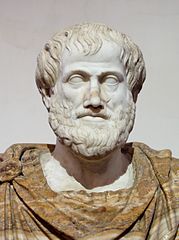
How to Study
When you are studying you should take detailed notes (according to your own interpretation) from each book you read and be sure to cite the text. When you are finished with the text you should write a book review or book report for the benefit of others as well as to ensure that you fully grasped the material and to prove to others that you have read it. Make sure you cite the title, author, publisher, year, ISBN, and page (for each note) for your own future reference.
You should keep both an electronic copy and a printed copy (to ensure that you always have the material), and you should do so with the thought that you could always use the information for a book or blog that will aid others. I have found this to be the very best way to carry-out self-study in all areas. The notes you keep will also serve as a cliff-notes version to all the books you have read.
There is no wrong or right way to study and take notes, but it may benefit the individual to do a little bit of studying on the matter.
Recommended Books to Start You Off
Conclusion
By now you should have a basic understanding of the effort and desire required to become a true witch or wizard. Becoming a witch or wizard is not an easy task, nor is it an instantaneous accomplishment one can make in a few easy steps. The path of a witch or wizard is a long and arduous process which requires much commitment.
In the past, witches or wizards were known as “cunning-folk”, or wise men and women who loved their communities and participated in them as valued members of society. They knew the basics of their craft, the basics of life, and especially how to live in (primitive skills), work with (ecological knowledge), and utilize their environment (practical sciences).
If you are truly seeking to become a real witch or wizard you are encouraged to consider the information provided in this article. If you are not at all interested in witchcraft, then this article is meant to introduce you to the basics of ancient Paganism and neopaganism, and to help you understand its true nature and drive (which is not at all Satanic or Dualistic in any nature). For further information please consider further reading.
